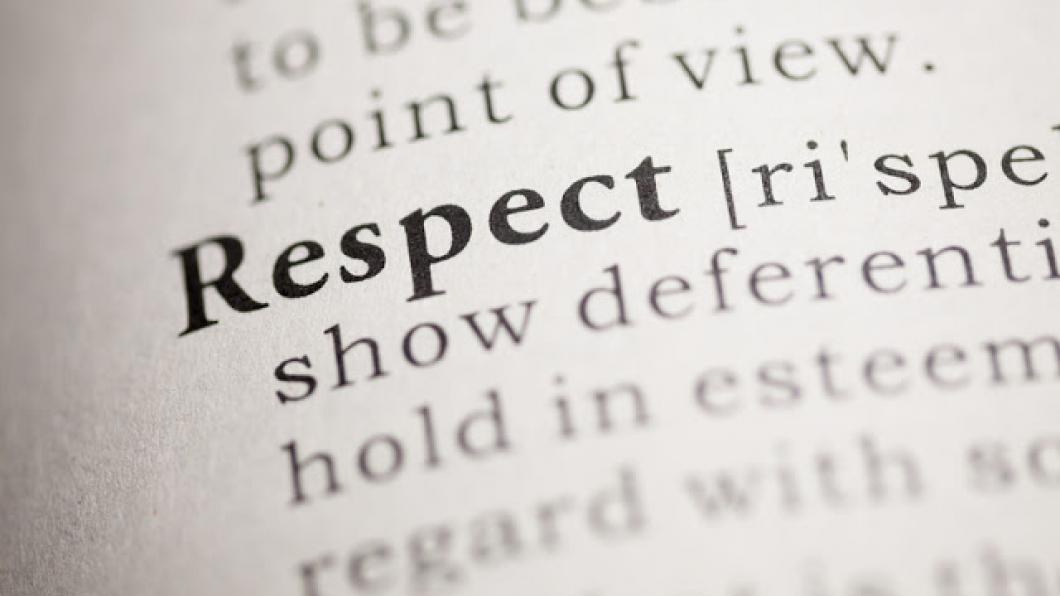
Retarded, imbecile, morons. Why does The New York Times still use these words?
By Louise Kinross
I could hardly believe my eyes when this New York Times piece popped into my feed yesterday: Donald Trump and his Team of Morons.
Way back in 2012 I wrote to Philip Corbett, the Times' then associate managing editor of Standards, to criticize the paper's use of the words "retarded" and "imbecile" in headlines.
On Oct. 26 of that year, Corbett wrote to say "our health editor and our mental-health reporter both agree that we should give stronger guidance to the newsroom about the use of 'retarded.' I will be working with them to draft a new style note."
Retarded. Imbecile. Morons. They're interchangeable, and they all originate from medical words used to describe people with intellectual disability.
Seven long years ago, the American Psychiatric Association stated that "Mental retardation is no longer used internationally [as a medical term] or in U.S. federal legislation."
The words retarded, imbecile and moron are not neutral words. They are slurs used to demean a marginalized population. Odd that the Times would continue to use them, when its own style guide counsels neutral language and respect for "preferred group descriptors."
People with intellectual disabilities have spoken. Everyone is familiar with the 'R-word: Spread the word to end the word' campaign. Almost a million people signed a pledge at the website in support of ditching the use of the word retard for a simple reason: It hurts people.
Imagine if the Times, instead of using the word 'morons,' had selected a word that stigmatizes a different group. What if they had written "Donald Trump and his Team of Psychos." Would anyone on the news desk have raised a red flag? Probably, because people with mental illness are a more powerful group than those with intellectual disabilities.
Why, at arguably the world's best news organization, are editors incapable of coming up with something more imaginative and neutral than a slur for a headline? Why didn't they try: "Donald Trump and his Team of Twits." Anyone can be a twit. A twit is not associated with any devalued group. A twit, as described in the dictionary, is neutral: "an insignificant, silly or bothersome person."
In a back and forth correspondence with me in 2013, Corbett wrote: "While imbecile,' 'moron' and 'idiot' were all used in the past to refer to people with intellectual disabilities, I don't think most modern readers or speakers of English make any such connection today."
It doesn't matter what individual staff at The New York Times "think." It matters that the paper follows its style guide and shows respect for marginalized groups. A memo to staff on ableism is in order.